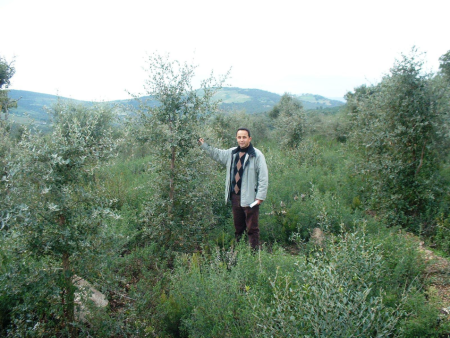
Objective:
In Tunisia, the cork oak is facing various difficulties namely: severe ecological conditions, very heterogeneous stands with variable density, and strong pressure on the forest. Reforestation has become an essential alternative to regenerate old cork oak forests and to support natural regeneration. Selecting adequate plant material with good genetic quality is important to ensure high adaptation to environmental hazards. In this context, the main objective is to explore and evaluate the genetic variability among different stands to select and conserve the best genetic material.
Context:
A network of plantations with comparative provenance was set up in the 1990s, bringing together 7 Mediterranean countries; This action is implemented to study the genetic material of the species in the countries of origin, to improve the almost absent natural regeneration and to raise the interest for cork savagely competed by plastic substitutes. The provenances tested in Tunisia are unevenly distributed between the countries involved in the project. A plantation was carried out in December 1997 on an experimental plot of "Tebaba" located near Nefza in the northwest of Tunisia.
Contacts:
Mohamed Larbi Khouja, khouja.larbi15@gmail.com , http://www.inrgref.agrinet.tn/
Abdelhamid Khaldi, khalditn@yahoo.fr , http://www.inrgref.agrinet.tn/
Mohamed Lahbib Ben jamaa, benjamaaml@gmail.com , http://www.inrgref.agrinet.tn/
Lamia Hamrouni, hamrounilam@yahoo.fr, http://www.inrgref.agrinet.tn/
Further information:
Khouja M. L., Khaldi A., Ben Jemaa, M. L., Toumi L. et Lumaret R. ; 2000 : Conservation and improvment of cork oak forests in Tunisia : Acquired of researches and technical applications, Congrès mondial sur le chêne liège tenu à Lisbonne (Portugal) du 19 au 21 juillet 2000, 11p.